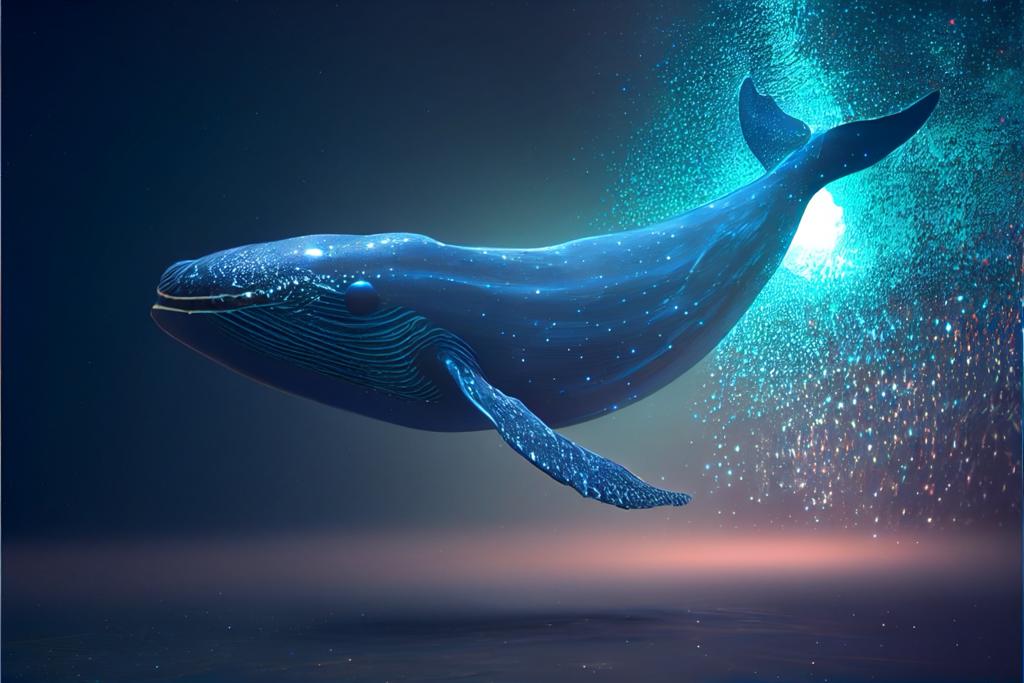
Whales : "Guardians of the Ocean, Yet Endangered"
Introduction :
Whales, the majestic giants of the ocean, have long captivated our imaginations and played a crucial role in maintaining the health of marine ecosystems. However, these incredible creatures are currently facing numerous threats that have led to their endangered status. In this educational article, we will explore the importance of whales, the reasons behind their endangerment, and the conservation efforts aimed at protecting these magnificent marine mammals.
The Importance of Whales :
Whales are essential to the balance of oceanic ecosystems. As apex predators, they play a vital role in controlling populations of smaller marine animals, thereby regulating the entire food web. Additionally, whales contribute to the cycling of nutrients by consuming prey in one location and excreting waste in another, enhancing the productivity of oceanic habitats. Their movements across vast distances also aid in the dispersal of nutrients and the mixing of water layers, promoting a healthy marine environment.
Threats to Whales :
Whales face a range of threats, many of which are caused by human activities. These include :
1. Commercial Whaling :
Historically, commercial whaling decimated whale populations worldwide. Although there has been a moratorium on commercial whaling since 1986, some countries still engage in whaling for cultural or scientific purposes.
2. Habitat Loss and Degradation :
Human activities such as coastal development, pollution, and climate change are leading to the destruction and degradation of critical whale habitats. Pollution from industrial and agricultural runoff, oil spills, and noise pollution from shipping and seismic activities can disrupt the natural behaviors of whales and negatively impact their well-being.
3. Entanglement in Fishing Gear :
Whales often become entangled in fishing gear, such as nets and lines, leading to injury, stress, and even death. This is a significant threat to many whale species, particularly those that migrate or frequent areas with heavy fishing activity.
4. Collision with Vessels :
The increase in maritime traffic poses a risk of collisions between whales and ships. These collisions can cause severe injuries or fatalities, especially for slower-moving or surface-breathing species like the North Atlantic right whale.
Conservation Efforts :
Recognizing the importance of whale conservation, numerous international and national initiatives have been established. Some key conservation efforts include:
1. International Whaling Commission (IWC) :
The IWC, established in 1946, aims to protect whales and regulate whaling activities worldwide. It oversees the implementation of the moratorium on commercial whaling and promotes scientific research, conservation, and sustainable whale-watching practices.
2. Marine Protected Areas (MPAs) :
The establishment of MPAs helps safeguard critical whale habitats and provides refuge for these magnificent creatures. These protected areas help mitigate the impact of human activities and support the recovery of whale populations.
3. Whale-Watching Guidelines :
Responsible whale-watching practices, such as maintaining a safe distance, avoiding abrupt movements, and minimizing noise, are essential for minimizing disturbance to whales and ensuring a sustainable tourism industry that respects these animals.
4. Research and Monitoring :
Ongoing research and monitoring programs provide valuable insights into the behavior, migration patterns, and population status of different whale species. This knowledge helps inform conservation strategies and management decisions.
Conclusion :
Whales are not only awe-inspiring creatures but also vital components of marine ecosystems. Their endangerment highlights the urgent need for conservation efforts to protect their habitats, mitigate threats, and promote sustainable practices. By raising



